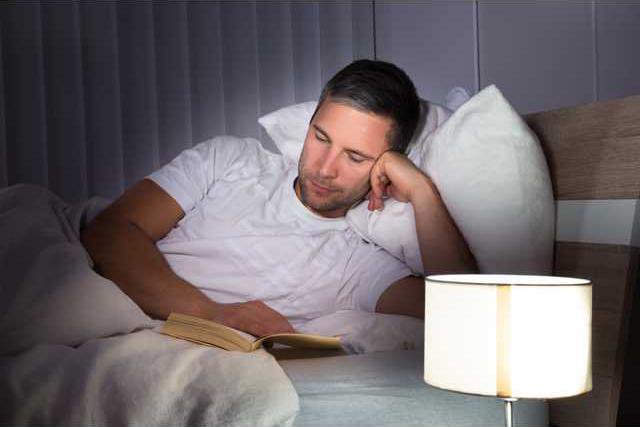Longer days and prolonged sunlight are signs spring is approaching, but it comes with a small price: setting your clocks one hour ahead. Unless you're in Arizona or Hawaii, losing an hour of sleep is inevitable, but it doesn't mean adjusting is impossible. Here is how your body can quickly adjust to the new time.
Make gradual shifts: The Cleveland Clinic suggests preparing for the time change a few days before daylight saving time by going to bed 15-30 minutes early. This will help make up for any lost sleep and minimize the impact of daylight saving time.
Adjust to the sunlight: Expose yourself to as much light as possible during the day. Light is the principle environmental cue that will help you stay awake during the day, according to WebMD. At night, avoid any bright lights, as they will prevent your body from producing melatonin, the hormone that induces sleep.
Avoid screen time: Before going to bed, place your phone somewhere you're not tempted to check it. Shana Lebowitz with Business Insider writes that any electronic screens before bed will hinder your ability to fall asleep, as the light blocks melatonin.
Start bedtime rituals: Falling asleep on a new schedule is difficult, but slowing down in the evening will help you fall asleep faster. You can slow down by putting your electronics away, dimming your lights, reading a non-suspenseful book and taking a few deep breaths before dozing off, as both WebMD and Cleveland Clinic suggest.
Avoid long naps: Sneaking in a little nap may be inevitable for some, but WebMD recommends taking a nap in the afternoon, not close to bedtime. If you're looking for the perfect nap without getting a "sleep hangover," aim for a 10-20 minute power nap, Katy Winter suggests in her DailyMail article.
Eat lighter meals in the evening: What you eat for dinner can affect how you sleep at night. Eatingwell.com says eating a large dinner at a late hour can cause indigestion, which will disrupt your sleep. Caffeinated drinks and alcohol will also prevent sleep. Avoid eating fatty and spicy foods at night, rather eating light foods like yogurt or cereal and milk, if you're hungry before bed.
Make gradual shifts: The Cleveland Clinic suggests preparing for the time change a few days before daylight saving time by going to bed 15-30 minutes early. This will help make up for any lost sleep and minimize the impact of daylight saving time.
Adjust to the sunlight: Expose yourself to as much light as possible during the day. Light is the principle environmental cue that will help you stay awake during the day, according to WebMD. At night, avoid any bright lights, as they will prevent your body from producing melatonin, the hormone that induces sleep.
Avoid screen time: Before going to bed, place your phone somewhere you're not tempted to check it. Shana Lebowitz with Business Insider writes that any electronic screens before bed will hinder your ability to fall asleep, as the light blocks melatonin.
Start bedtime rituals: Falling asleep on a new schedule is difficult, but slowing down in the evening will help you fall asleep faster. You can slow down by putting your electronics away, dimming your lights, reading a non-suspenseful book and taking a few deep breaths before dozing off, as both WebMD and Cleveland Clinic suggest.
Avoid long naps: Sneaking in a little nap may be inevitable for some, but WebMD recommends taking a nap in the afternoon, not close to bedtime. If you're looking for the perfect nap without getting a "sleep hangover," aim for a 10-20 minute power nap, Katy Winter suggests in her DailyMail article.
Eat lighter meals in the evening: What you eat for dinner can affect how you sleep at night. Eatingwell.com says eating a large dinner at a late hour can cause indigestion, which will disrupt your sleep. Caffeinated drinks and alcohol will also prevent sleep. Avoid eating fatty and spicy foods at night, rather eating light foods like yogurt or cereal and milk, if you're hungry before bed.








